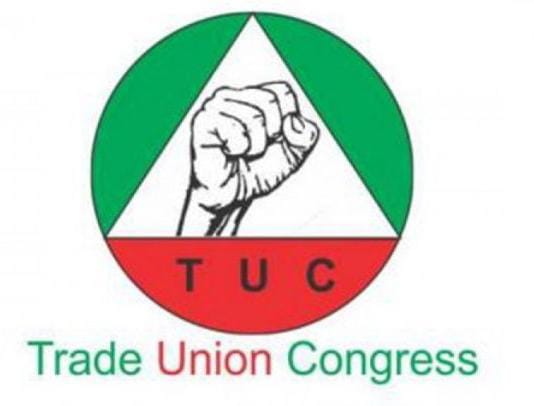In a bid to strengthen the supply chain industry in Nigeria, Olatorera Balogun, a renowned Supply Chain expert, has lent her voice to the need for government to legislate policies that will positively impact the supply chain industry in Nigeria.
Balogun made this call at a recent media briefing in Lagos, saying there’s a lot to be done in the supply chain sector, starting from better legislations that promote international and local trade.
Balogun, who is Head of Operations at a multinational company, Sudabelt Medical, stated that her work as a supply chain professional covers a wide scope, such as product design concept, enterprise maturity development, technology trends, end-to-end connectivity and visibility, sustainability, contract management among others.
She explained further that government has the responsibility to create an enabling environment and initiate policies that strengthen players within the industry as well as adoption of global practices for safe, competitive and sustainable manufacturing and transportation.
According to her, “The supply chain industry plays a pivotal role in facilitating the movement of goods, services, and information across the country. It encompasses various sectors, including transportation, warehousing, distribution, and logistics. By fostering an enabling environment through supportive policies, the government can unleash the industry’s potential and drive economic growth.
“Government has to invest more in infrastructure that promotes global trade, provide funding for regulatory body and agencies within the industry, and strengthen the applicable compliance that will ensure that quality and revenue are safeguarded.”
The expert added that “government is a key player in international trade because the government itself is a trading entity. The might of a nation is assessed by how it participates within regional and international blocs.
“As the giant of Africa, our international trade structure needs revamping, commitment, and continuous improvement.”
To ensure sustainability and resilience within the supply chain industry, Balogun stressed the importance of promoting capacity-building and skills development programmes.
She said: “By investing in vocational training, educational initiatives, and fostering partnerships between industry and academia, Nigeria can nurture a pool of skilled professionals equipped with the expertise to drive innovation and optimize supply chain operations.
Speaking on the adoption of technology to drive the supply chain industry in today’s economy, she stated: “The practice of supply chain in Nigeria is yet to be fully adopted in its true sense. There are pockets of processes within the concept being explored such as: logistics, procurement, warehousing, supplier relationship, customer relationship and a few others.
“The role of technology in the supply chain is still at the infancy stage in Nigeria and in many African countries. Sustainable manufacturing and compliance, end-to-end visibility and real-time information sharing and enterprise-wide integration are still at the formative stage.
“As the global economy becomes increasingly interconnected, the significance of a robust and efficient supply chain network cannot be overstated.
“By prioritizing policies that support the development of this vital industry, Nigeria can harness its full potential and become a regional logistics hub, attracting investment, creating jobs, and driving sustainable economic growth.









